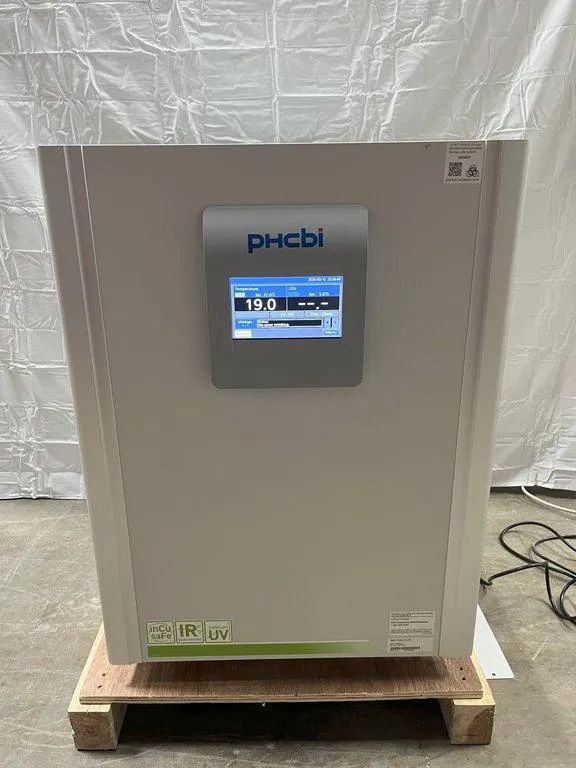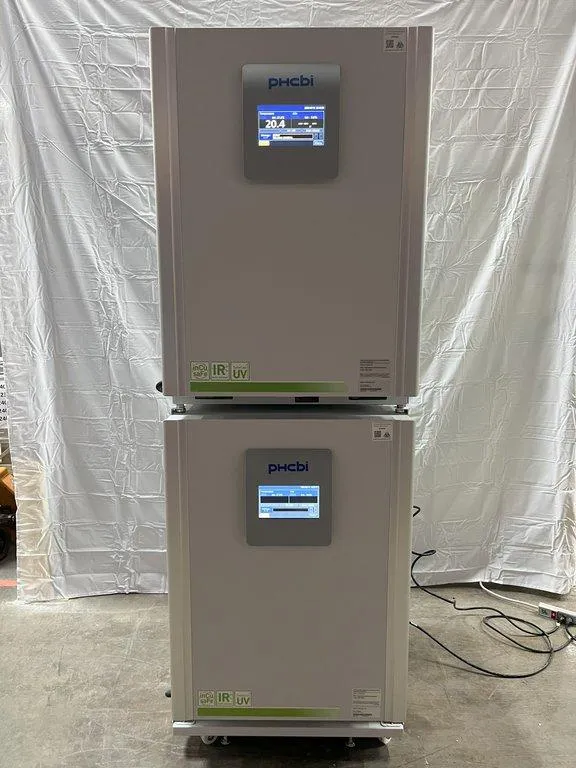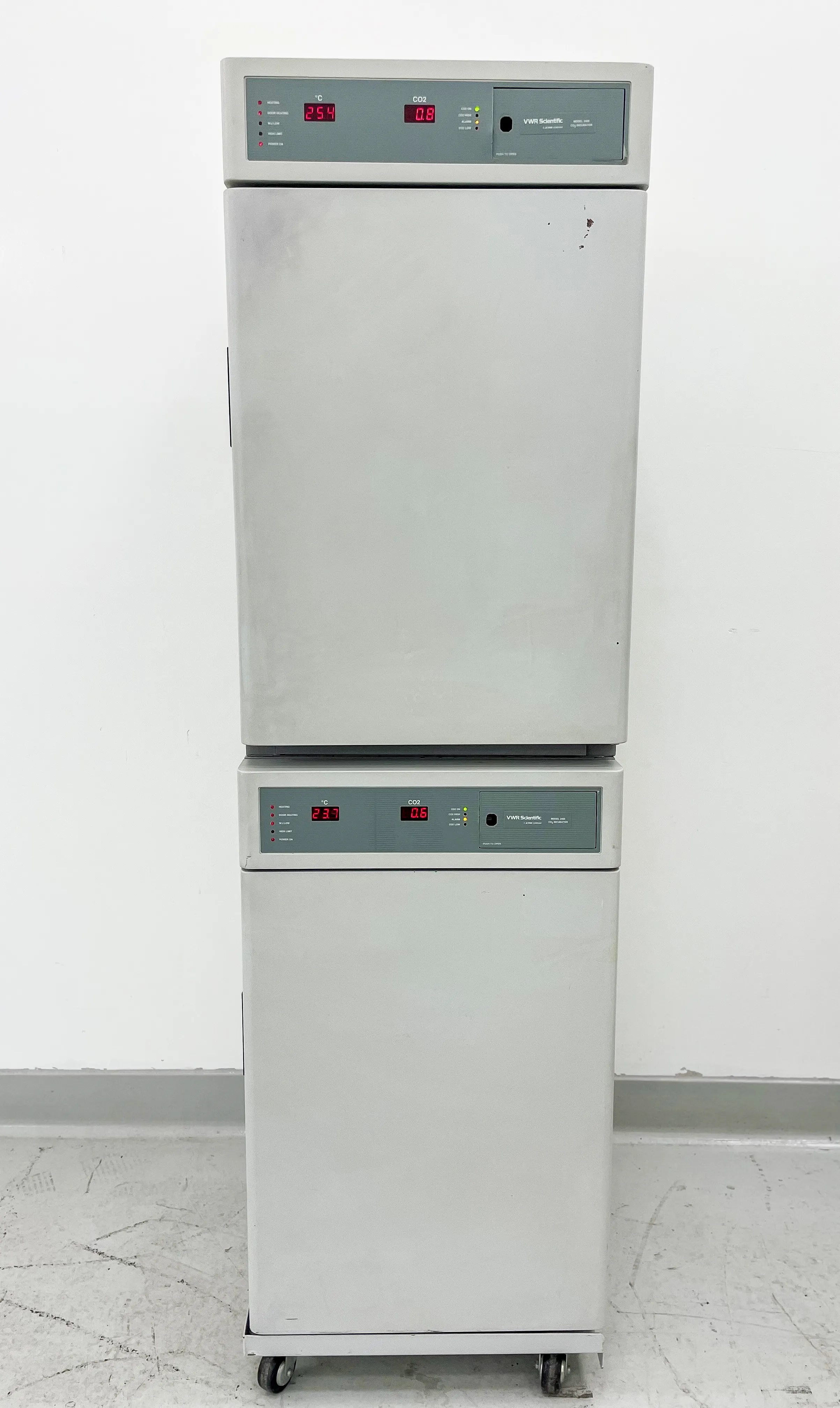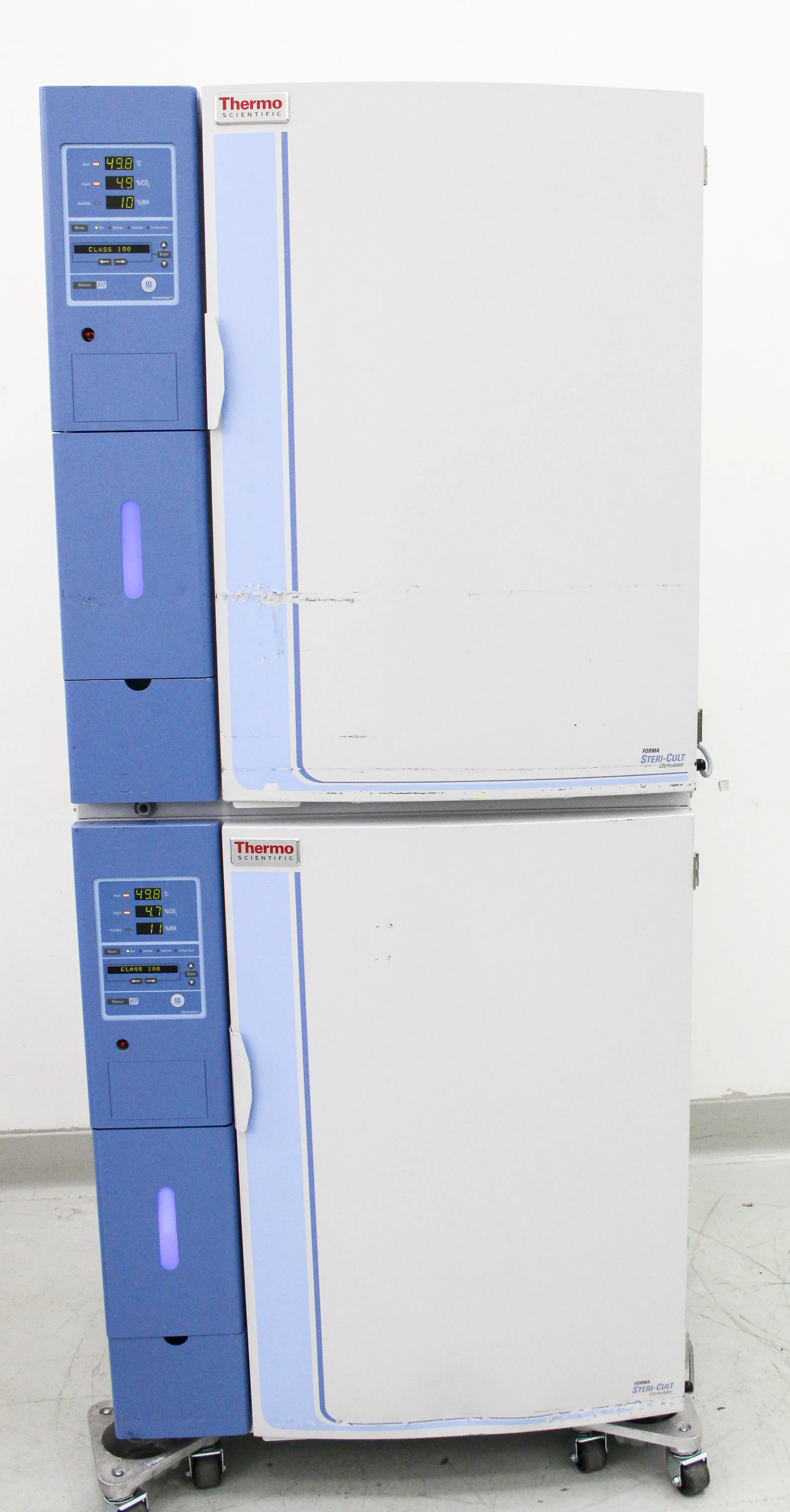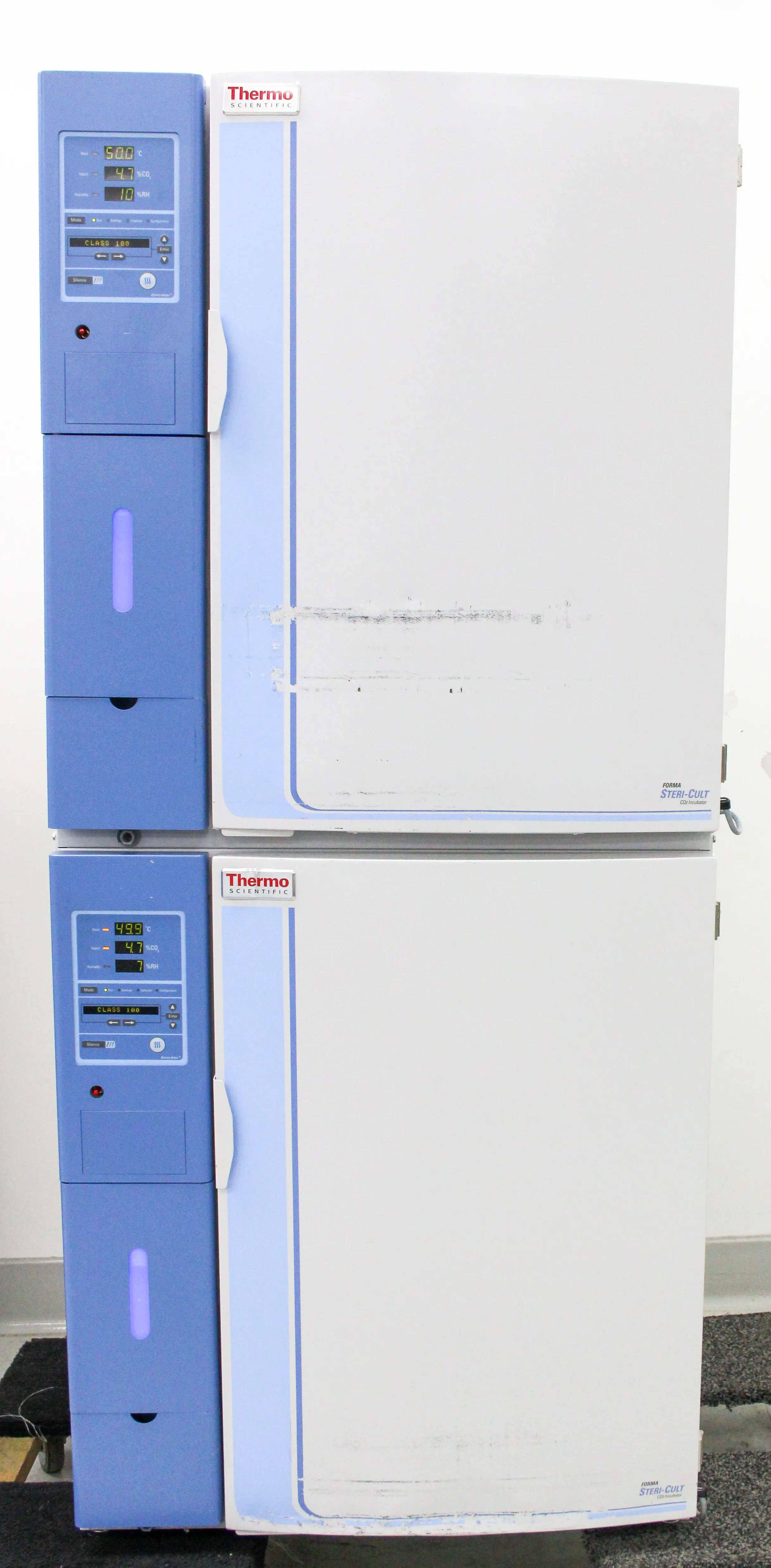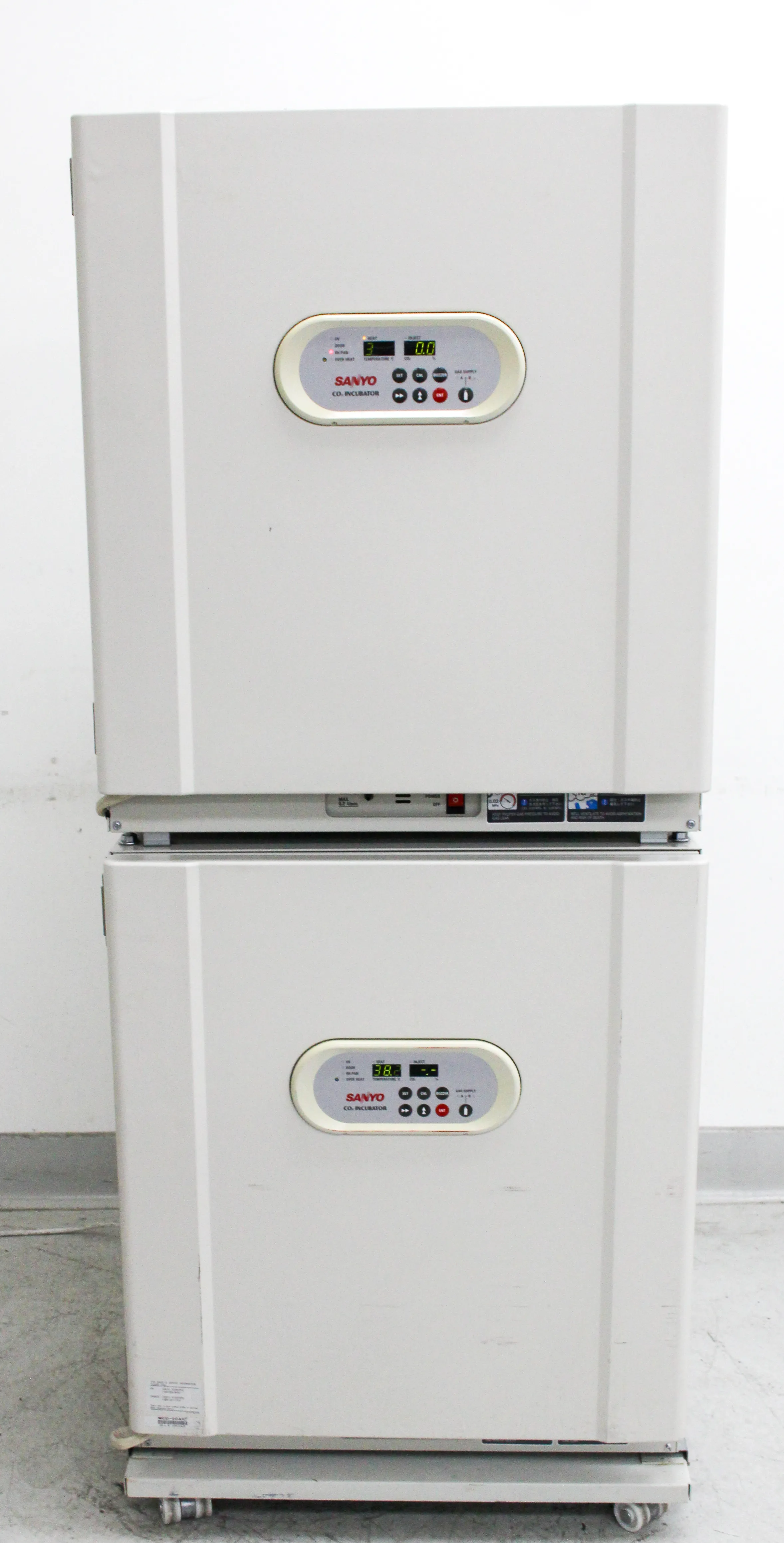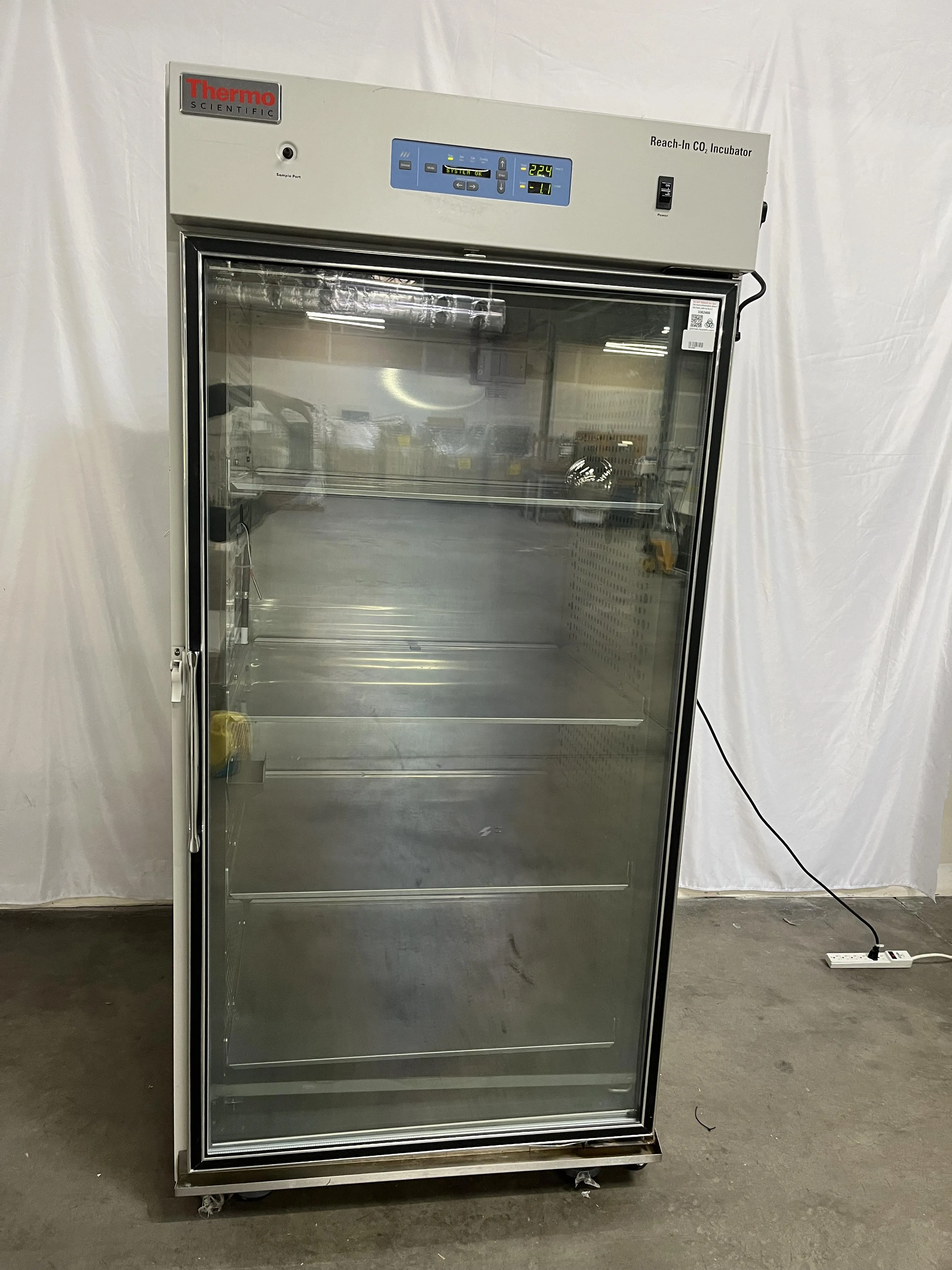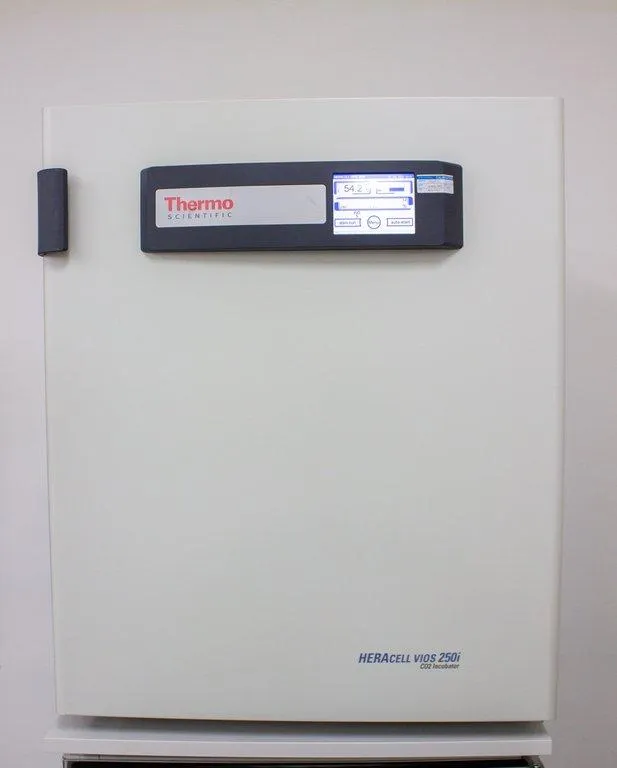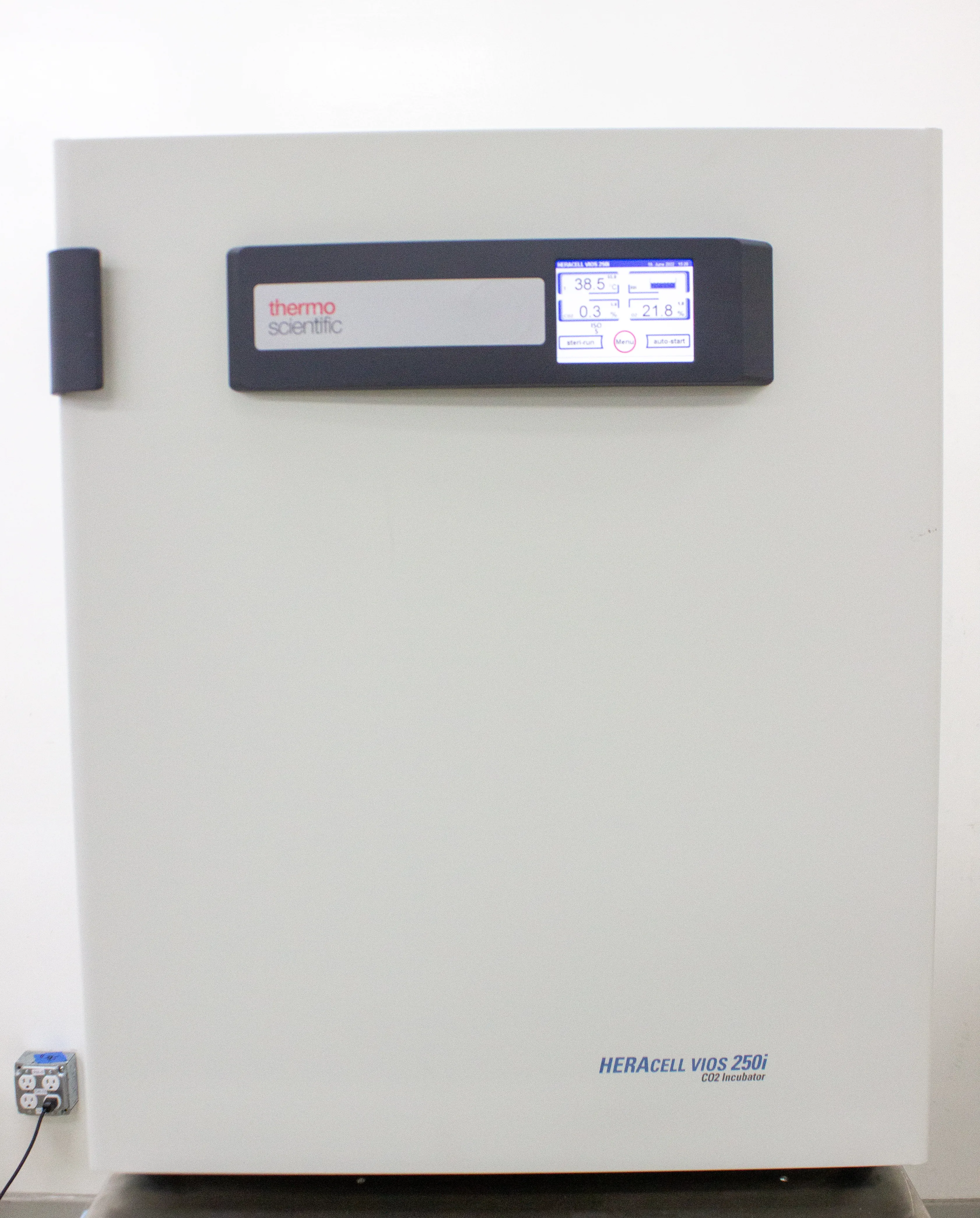CO2 incubators are indispensable tools for maintaining cell cultures in controlled environments. These incubators provide precise regulation of temperature, humidity, and carbon dioxide levels, ensuring optimal conditions for cell growth and experimentation. With advanced features and customizable settings, CO2 incubators support a wide range of research applications in biology, microbiology, tissue engineering, and beyond.
CO2 Incubators
Price Filter
$0.00 - $19,175.00Product Region
Product Condition
Product Warranty
Browse By Category
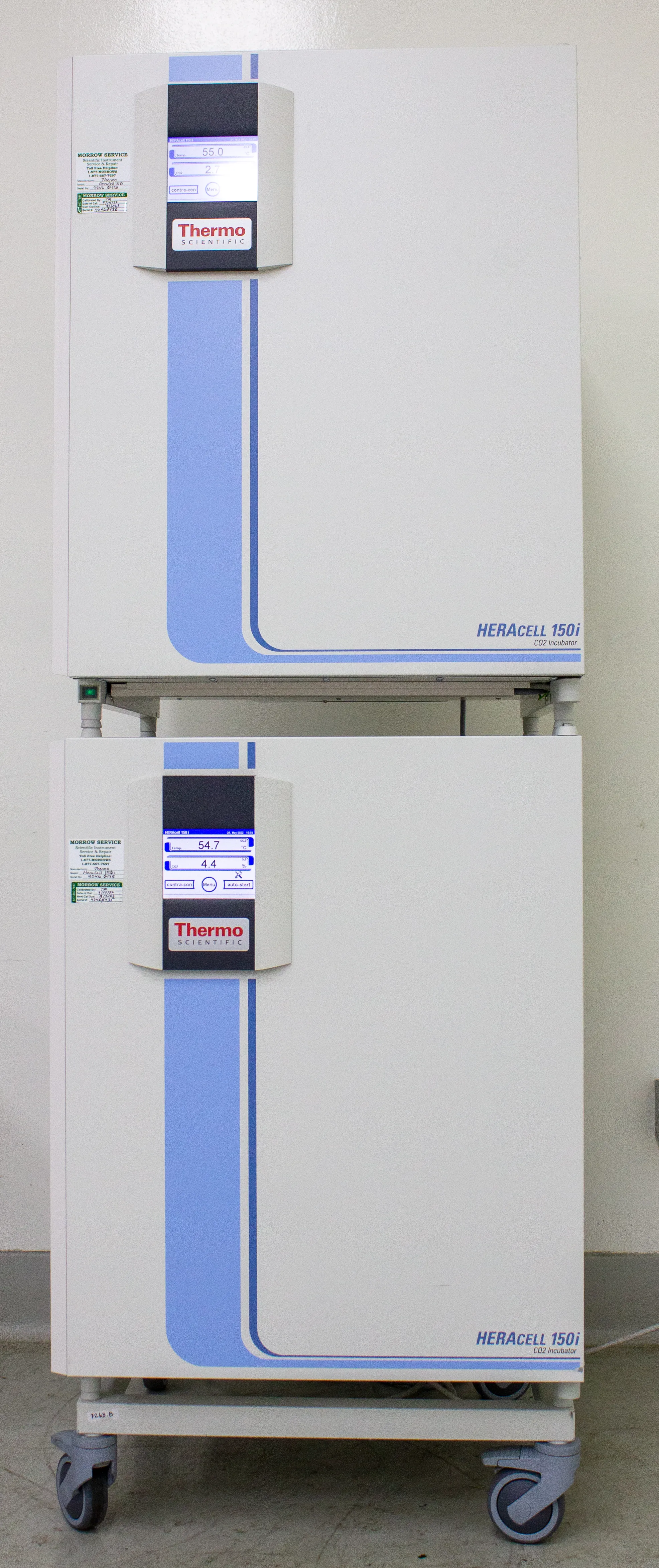
Thermo Heracell 150i Double Stack 150L Dual Chamber CO2 Incubator 51026283
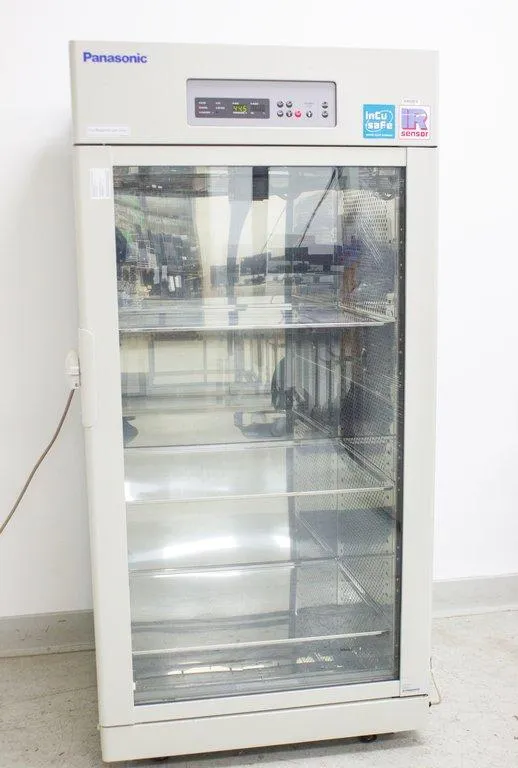
Panasonic MCO-80ICL-PA InCusafe Reach-In Series Large Capacity CO2 Incubator | 30 cu. ft. (851L)
Question & Answers For:
CO2 Incubators
Past Questions, Helpful Answers.
What is the purpose of a CO2 incubator?
A CO2 incubator is designed to create and maintain controlled environmental conditions for the growth of cells and microorganisms. It regulates factors like temperature, humidity, and carbon dioxide levels, ensuring optimal conditions for cell culture, research, and experimentation.
How does a CO2 incubator maintain the right levels of CO2?
CO2 incubators use a combination of sensors and a CO2 gas supply to monitor and adjust the CO2 concentration within the chamber. This ensures the environment remains within the necessary range for cell growth, typically around 5% CO2, though this can be adjusted as needed.
Can I use a CO2 incubator for different types of cell cultures?
Yes, CO2 incubators are versatile and can support various types of cell cultures, including mammalian, bacterial, and fungal cells. The adjustable settings for temperature, humidity, and CO2 levels allow researchers to tailor the environment to the specific needs of different cell types.
How precise is the temperature control in a CO2 incubator?
CO2 incubators are designed to provide highly accurate and stable temperature control, typically in the range of 30°C to 40°C, depending on the model. Most incubators feature a temperature control system that minimizes fluctuations to create the most reliable environment for cell growth.
Is it difficult to maintain a CO2 incubator?
No, CO2 incubators are generally designed for easy maintenance. Regular tasks involve cleaning the interior, checking CO2 levels, and ensuring the humidity is at the right level. It's also important to check for any sensor malfunctions or irregularities in temperature or CO2 concentrations to ensure consistent performance.
Can a CO2 incubator be used for long-term cell culture?
Yes, CO2 incubators are ideal for both short-term and long-term cell cultures. The environment they create is stable and conducive to cell growth over extended periods, provided the incubator is properly maintained and the conditions are monitored regularly.
Are there any safety features in a CO2 incubator?
Most CO2 incubators come equipped with safety features such as over-temperature alarms, CO2 failure alarms, and humidity level monitoring to alert users of any deviations from preset conditions. These features help protect sensitive cultures and ensure experiments are conducted under optimal conditions.
What research applications can benefit from using a CO2 incubator?
CO2 incubators are essential in various research areas such as biology, microbiology, tissue engineering, genetics, and pharmaceutical development. They are commonly used for studying cell growth, gene expression, drug testing, and the development of tissue cultures.
Can a CO2 incubator help in maintaining sterility?
Yes, CO2 incubators are designed to create a sterile environment. Many models feature HEPA filtration systems to remove contaminants and reduce the risk of bacterial or fungal contamination, which is critical for maintaining the integrity of cell cultures.
How can I control the humidity in a CO2 incubator?
CO2 incubators typically feature an integrated humidity control system that ensures the right moisture levels for cell culture. This may involve water trays or built-in humidifiers to maintain consistent humidity levels within the incubator, which is crucial for preventing cell dehydration.
